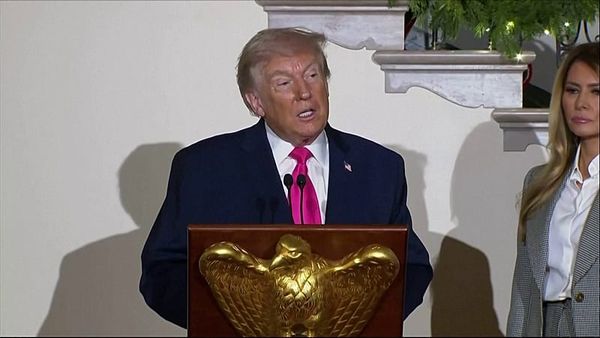
Domestic steel prices are stable and consumers have stopped postponing purchases, the company noted in its September quarter (Q2FY23) post earnings call. This, coupled with a rebound in demand, would support Tata Steel’s realization going ahead. Also, it expects coking coal consumption cost to drop by $80 per tonne sequentially in Indian operations in Q3, which would aid margin performance. In Q2, however, the fall in standalone steel realizations offset the rise in volumes. Further, the utilization of high-cost inventory compounded the woes. The upshot is that Ebitda per tonne in Q2 fell to a nine-quarter low of ₹10,177.

Tata Steel’s European operations offered no respite either with the Ebitda per tonne falling 67% sequentially to $120 (or ₹9,540).
Consolidated net debt jumped sequentially in Q2 mainly because of bunching up of large cash payouts, including the acquisition of Neelachal Ispat Nigam Ltd and FY22 dividend payout. What’s more, the outlook for Tata Steel Europe is expected to be muted. “We believe while energy costs could remain high, demand could take a beating given the recessionary conditions in Europe currently. With steel prices correcting continuously in China, we see no reason for upward movement in European steel prices as well," said a results flash note by Motilal Oswal Financial Services dated 31 October.
You might also like
Three next-gen Tatas put on a Tata trust board
So, what’s the big deal about the blue tick anyway?
FY24 capex goal may be raised to ₹10 trillion
How Bengaluru airport is bridging the gap with Delhi, Mumbai
Long-term contract prices would offer some comfort to Tata Steel Europe till December. Post that, spot prices would come into play and that would put pressure on revenues. It helps that coking coal cost is expected to be range bound. The consumption cost of this raw material is expected to drop sequentially by $100 per tonne in Q3 for European operations. Even so, the company noted that there would be margin compression in H2FY23.
While the outlook for Tata Steel’s Indian operations is on a better footing, there is a looming threat. Domestic prices are at a premium to import prices indicating further downside risks.
Shares of Tata Steel are down by 27% from their 52-week highs seen in April. Improving demand and stable prices in domestic markets could support the stock. A potential improvement in the Chinese economy, an important market for metals, would have a positive bearing across metal stocks, including Tata Steel.
Elsewhere in Mint
In Opinion, Vivek Kaul tells how to rid the GDP of male chauvinism. Niranjan Rajadhyaksha writes on why inflation takes longer to go down. Arpita Mukherjee & Eshana Mukherjee explain why we have not gained from our FTAs. Long Story exposes an accounting twist that just erases emissions.








